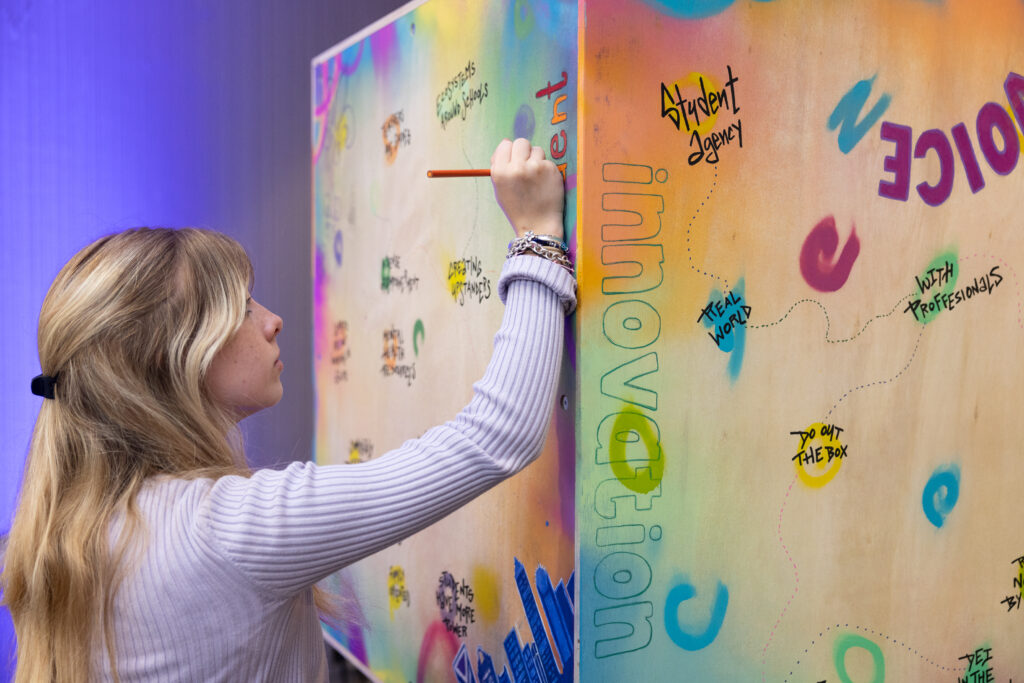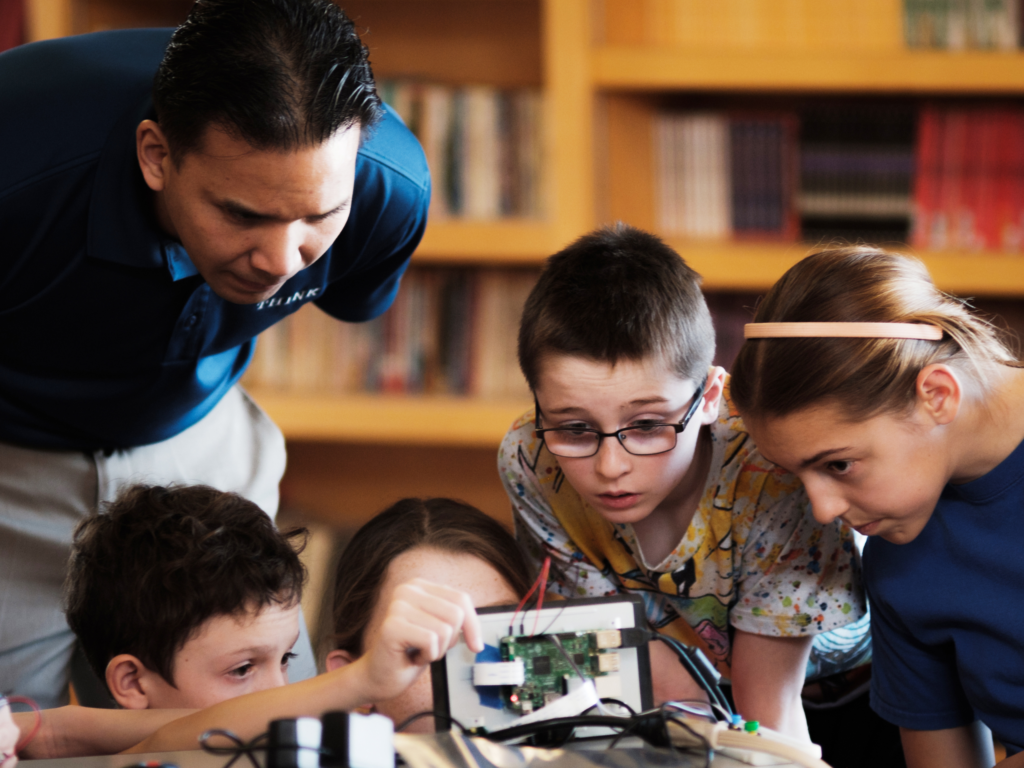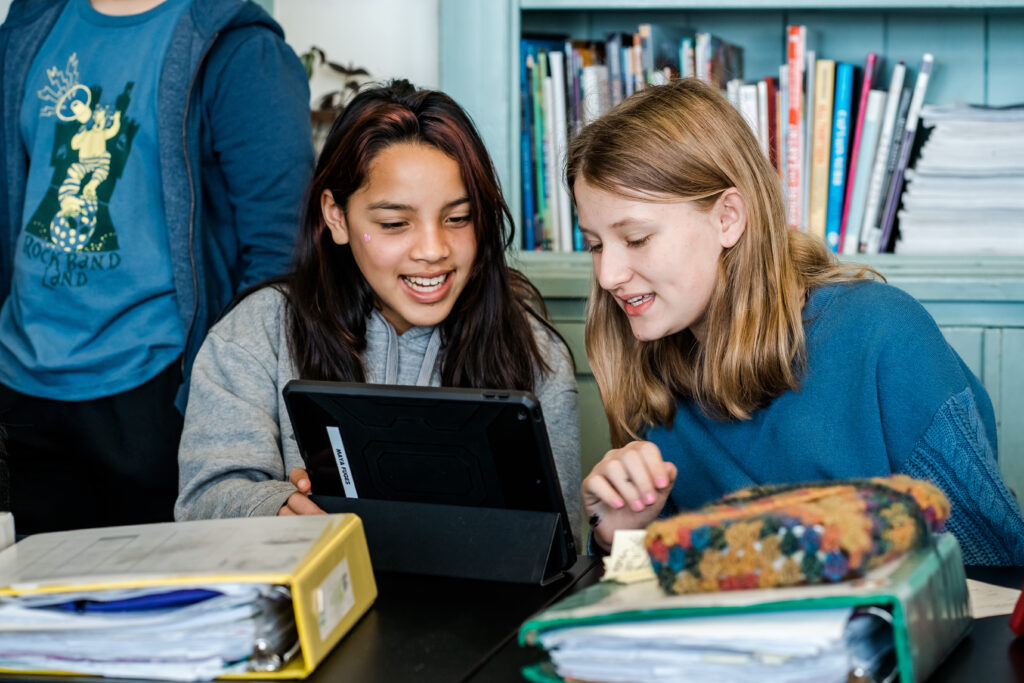The nature of work has changed, but the teaching profession has not changed with it.
Today’s high school and college students who are part of Gen Z are looking for careers that offer financial stability, flexibility, collaboration, and a sense of purpose. Yet, while teaching is one of the most meaningful careers, it lacks the flexibility and incentives that appeal to this generation. As a result, many young people are discouraged from entering the field, and those who do often leave because of the profession’s rigid structure and challenging conditions.
At the same time, the demands on teachers have only intensified. Inflation-adjusted pay has decreased, while students present more complex academic and socio-emotional needs, contributing to higher stress and turnover, especially in under-resourced schools. This turnover, estimated to cost over $20,000 per departing teacher, disrupts school operations and has a profound, detrimental impact on student learning outcomes. Additionally, despite efforts to diversify the teaching force, teachers of color are leaving at higher rates, often due to unsustainable working conditions.
At NewSchools, we are inspired by education leaders who are committed to changing these dynamics. That’s why we are investing in innovative ideas that evolve how educators work, create new roles for caregivers and community educators in schools, and leverage generative AI to support teachers’ instructional practice. By aligning the teaching profession with Gen Z’s values of flexibility, collaboration, and purpose, we can make it a more attractive and sustainable career choice and enable teachers to create more learning environments where students thrive. Our goal is to build on existing efforts and catalyze new approaches, making teaching a more effective profession that attracts a diverse group of educators. This comprehensive approach not only addresses immediate issues but also builds the foundation for long-term improvement. We’re especially excited to support ideas from those who understand the problem best — our educators.
We see great potential in new strategies and the efforts of a growing number of organizations focused on reimagining teaching. Here are a few reasons why.
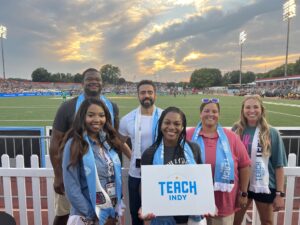
Teachers are dedicated to the success of their students.
Surveys show that a significant proportion of teachers remain committed to their roles despite reporting high degrees of workplace stress and symptoms of burnout. In fact, 77% of all teachers and 90% of teachers of color say it’s “very or somewhat likely” they will spend their entire careers as classroom teachers. This highlights the deep sense of purpose that drives educators, particularly those from underrepresented communities. It suggests that the issue isn’t the core work of teaching itself, but the design of the role. By redesigning roles, we can improve conditions, and make the profession more sustainable. Organizations like Teach Indy and Teach Plus are bringing together teams of teachers to co-design new approaches.
Students thrive when teachers thrive.
Within our schools portfolio, we have observed a strong positive relationship between school culture and climate, teacher retention, and student outcomes. Recent international studies also reinforce the significant impact of teacher well-being on both their own success and the academic achievements of their students. We can learn and scale best practices from schools that successfully foster supportive environments where both teachers and students thrive.
AI holds potential to improve conditions and teacher practice.
When designed with and for teachers, generative AI has the potential to simplify and streamline time-consuming teacher tasks, such as grading and lesson preparation. Generative AI also has promising applications for teacher coaching and development, which could extend the reach of experienced mentors and enable more adults to receive feedback in schools.
A growing number of organizations support schools to reimagine educator roles.
Technical assistance providers like Public Impact and Next Education Workforce are supporting schools in adopting new structures that promote more collaborative and flexible work. For instance, schools with team-based teaching models are seeing improvements in both working conditions and teacher culture. And organizations like The Oakland REACH and CommunityShare are redefining roles within schools by involving caregivers and community educators. This approach not only enriches student learning, but also helps distribute workloads more equitably among staff, enhancing teacher satisfaction and retention.
In the coming weeks, NewSchools will announce our new investments and the innovators we’re supporting across three investment areas, including those focused on reimagining the educator workforce. If you share our passion for reimagining teaching, we encourage you to connect with us. Subscribe to our newsletter and follow us on social media for upcoming funding opportunities and to learn how you can make a difference in shaping the future of education.
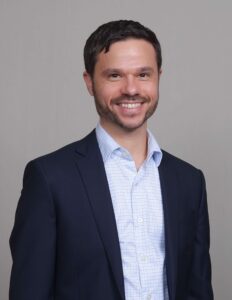
Pete Fishman
As a Senior Partner at NewSchools, Pete Fishman leads the Teaching Reimagined investment area. He supports innovators who are evolving how educators work and opening systems to involve caregivers and community experts in support of students.

